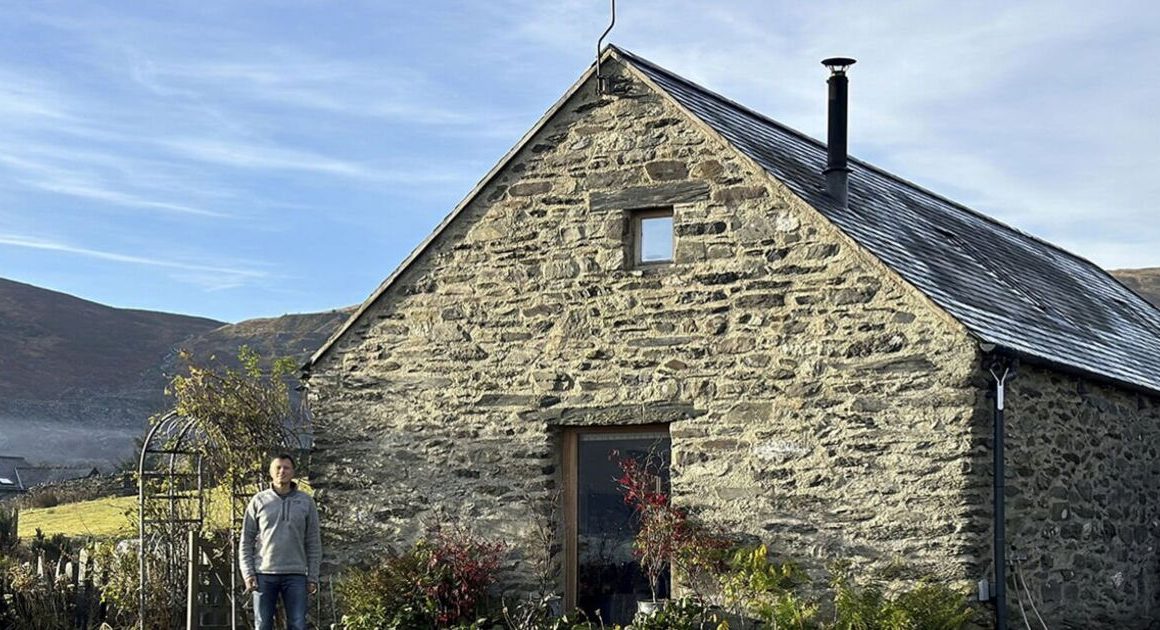“Woeful budgeting” by the Home Office has caused repeated overspends on asylum by the government, a fiscal watchdog has said.
The Institute for Fiscal Studies (IFS) said the Home Office has frequently spent far more than it had budgeted for on asylum, border, visa and passport operations.
It said the budget for 2024/25 is repeating mistakes made under the previous government by submitting figures it “knows to be insufficient”.
Between 2021/22 and 2023/24, plans put before parliament by the Home Office at the start of each year budgeted an average of £110million for asylum operations, but it ended up spending much more – an average of £2.6billion per year.
The IFS report claims the “woeful way” the Home Office and Treasury have budgeted for asylum costs lies at the heart of the recent disagreement between Chancellor Rachel Reeves and her predecessor, Jeremy Hunt.
In a financial audit of public spending carried out not long after Ms Reeves took office, spending pressures relating to asylum and illegal migration were one of the largest items identified amounting to an estimated £6.4bn in 2024/25.
In response, Mr Hunt argued this contradicted the budgets signed off by civil servants and presented to parliament just weeks before.
The IFS said both the current and former chancellors have a point – but only because the Home Office and Treasury are continuing the “poor budgeting practice” of recent years.
Max Warner, a research economist at the IFS and an author of the briefing, said: “The way in which the Home Office and Treasury have budgeted for asylum costs leaves a lot to be desired.
“The fact that the Home Office has spent £7.6bn more than initially budgeted on asylum, border, visa and passport operations over the past three years is testament to that.
“When there is a one-off unexpected spike in costs or demand, spending more than was budgeted is entirely understandable.
“But when it is happening year after year, something is going wrong with the budgeting process. It would be far more sensible to recognise the likely amount of asylum spending up front.”
Mr Warner said that would also leave the Treasury’s contingency Reserve for genuine emergencies, rather than for spending that the Government knows will occur but does not want to budget for.
The briefing further claims the Home Office has got into the “bad habit” of submitting initial budgets to parliament that it knows to be insufficient, in the expectation of a top-up from the Treasury’s contingency Reserve later in the financial year. The top-up last year was £4bn.
Despite reprimands from the Home Affairs Select Committee and the fact that it seemingly contravenes Treasury guidance on the Main Estimates put before parliament, the IFS said the Home Office is once again doing the same this year.
It has submitted plans for 2024-25 which already include a £1.5bn top-up from the Treasury, but which are nonetheless judged “not sufficient to support those currently in the asylum system”.
Even with the £800m of expected savings from the new Government’s ending of the Rwanda scheme, the fiscal watchdog is warning another top-up in the region of £4bn “appears all but inevitable”.
They add: “It is not that the spending pressures were entirely unexpected (they were not). It is that they have not been budgeted for.”
The report concludes Mr Hunt can rightly question whether the Home Office Main Estimates presented to parliament do in fact represent the best forecast of the department’s requirements – but the same was true last year, when he was chancellor.
It added Ms Reeves is right to say that there is a big in-year asylum spending pressure that has not been budgeted for, though she “perhaps overstates the extent to which this was unforeseeable and unexpected”.
A Labour spokesperson said the previous government “covered up the true extent of the crisis” in the Home Office, leaving “an unforgivable inheritance”.
They said: “Every time the Conservatives faced a difficult problem, they failed to be honest. They knowingly overspent on departmental budgets, covered it up, called an election and ran away from the problem, leaving a £22 billion black hole in the country’s finances for Labour to clean up.
“The Labour Government has already begun the difficult work to clean up this mess and deliver an asylum system that is controlled, managed, and works for Britain.”












